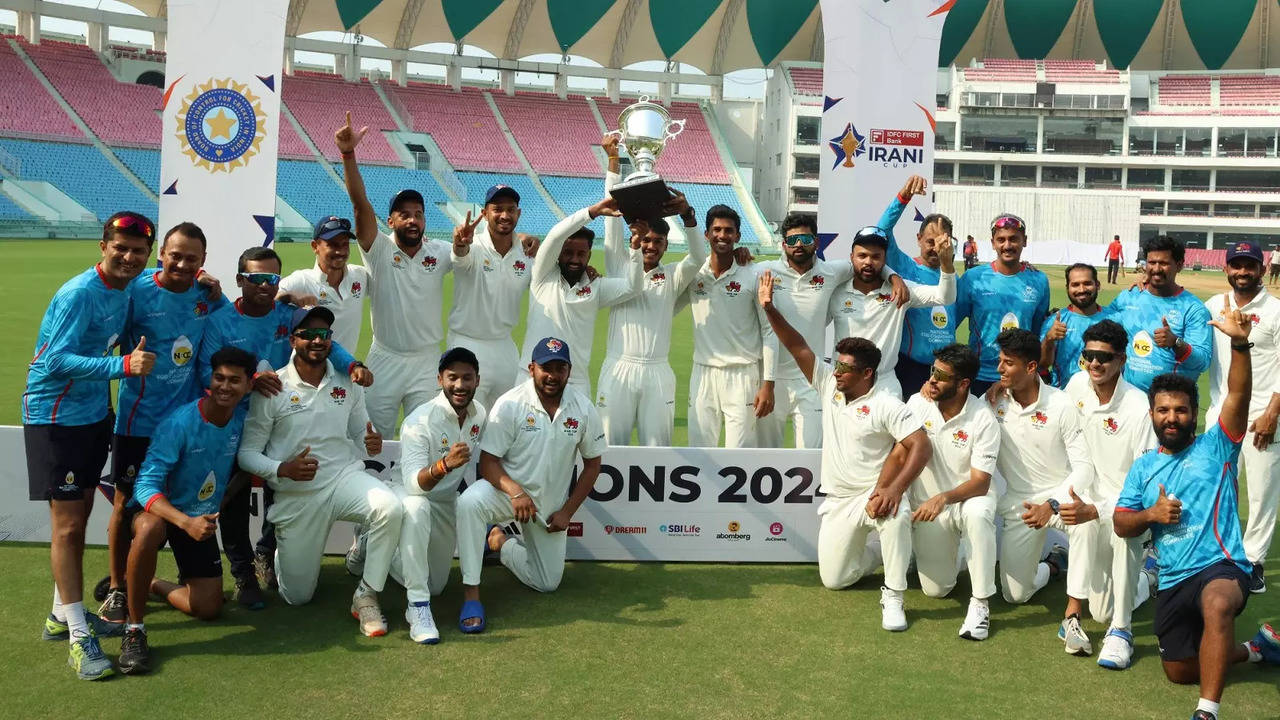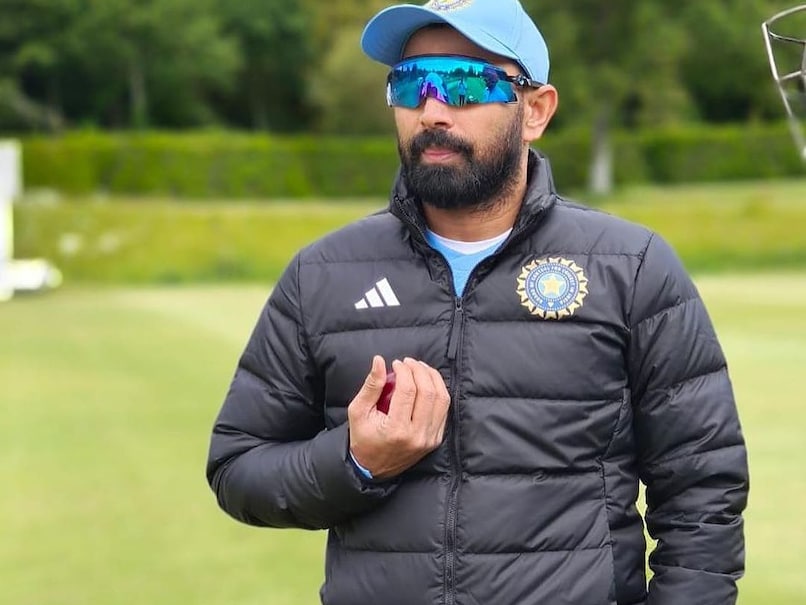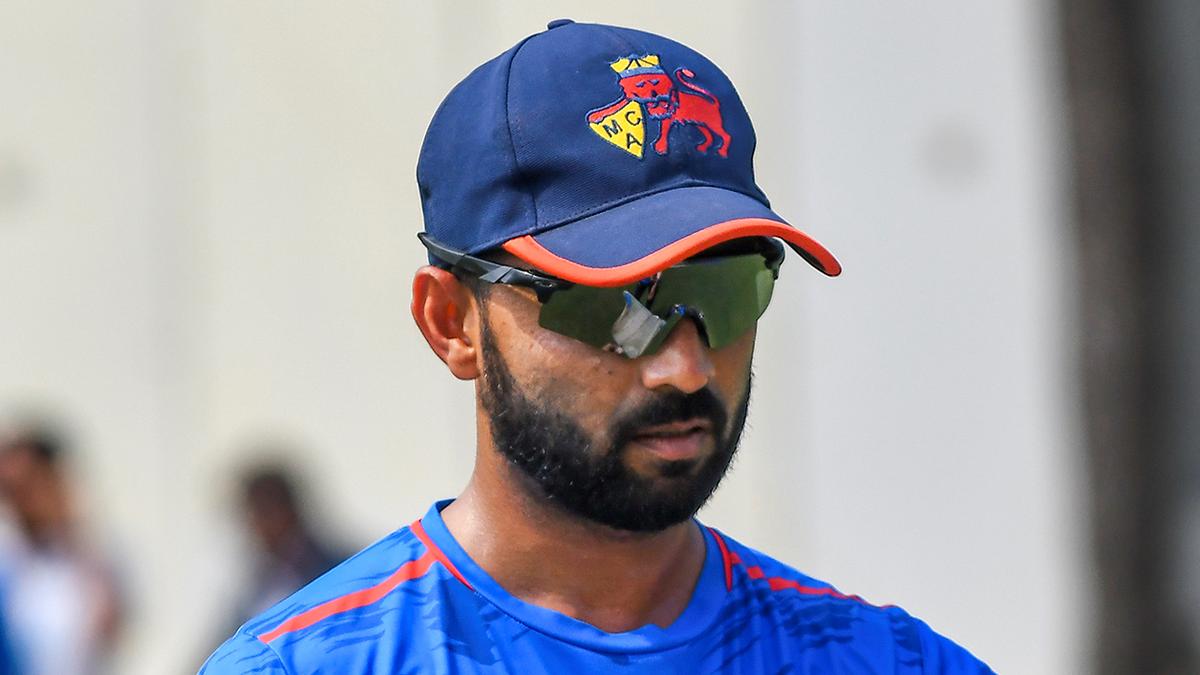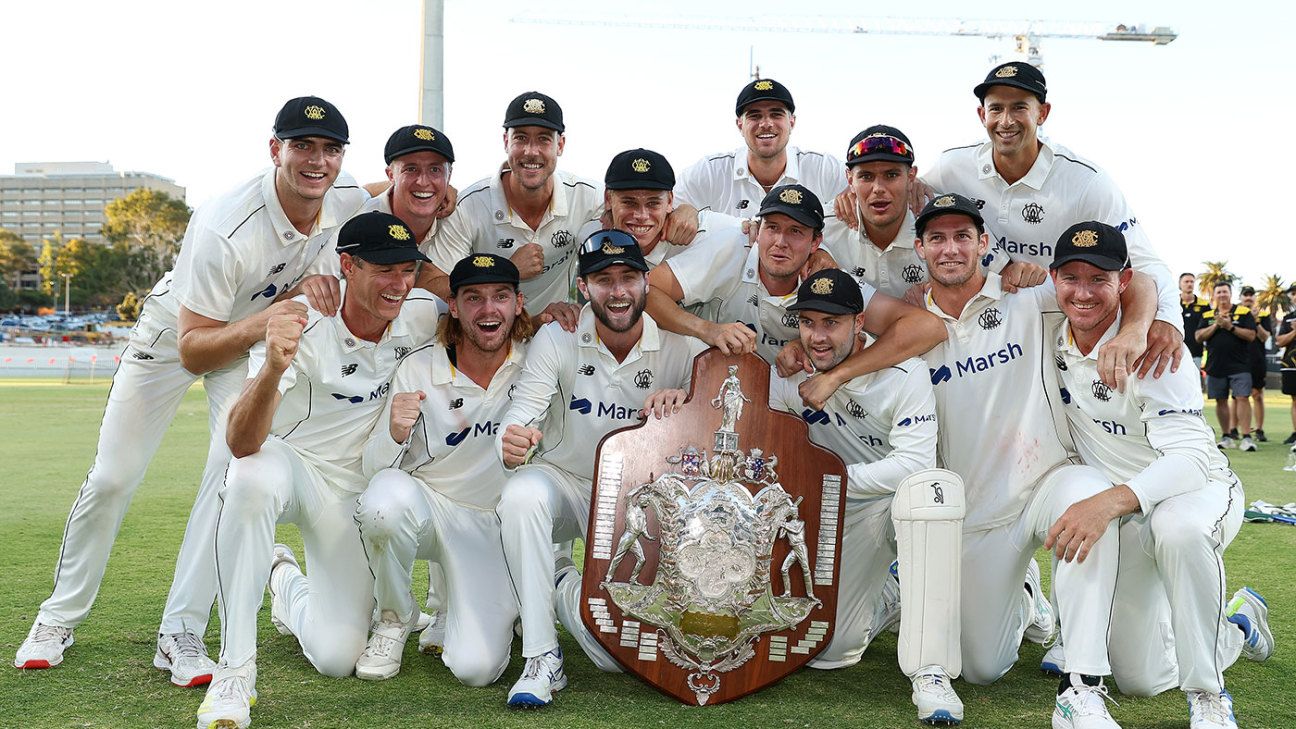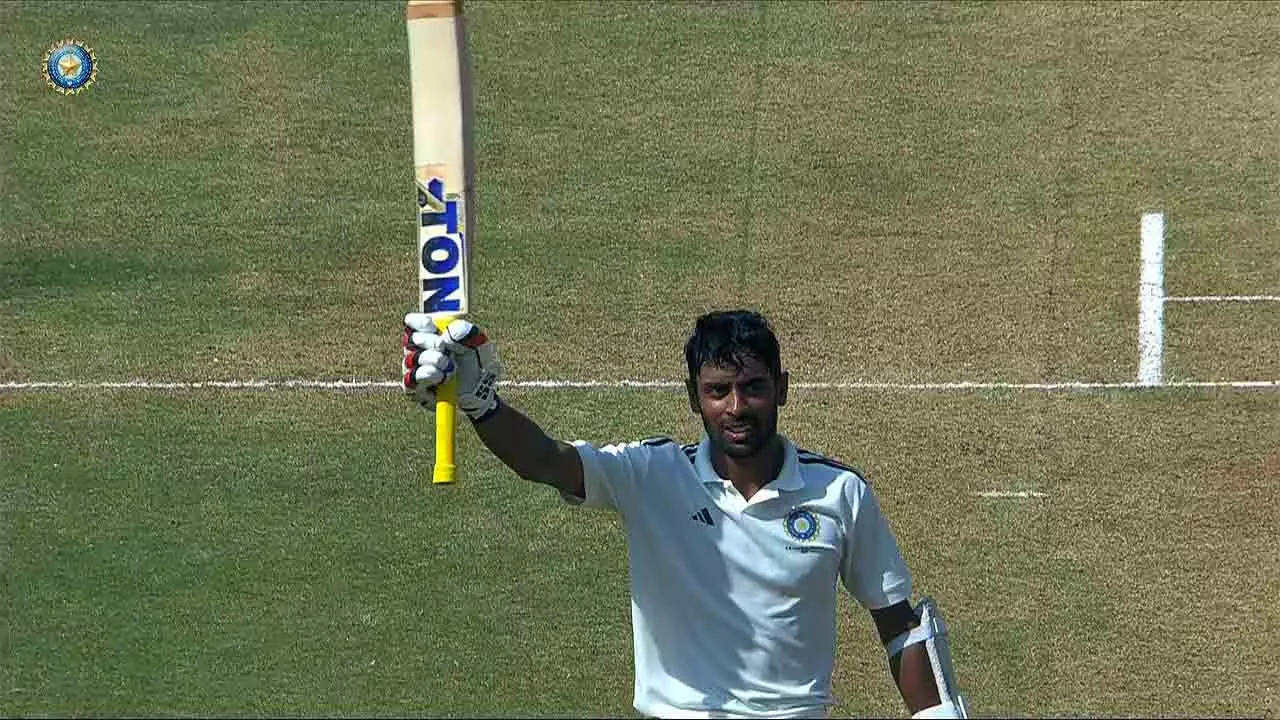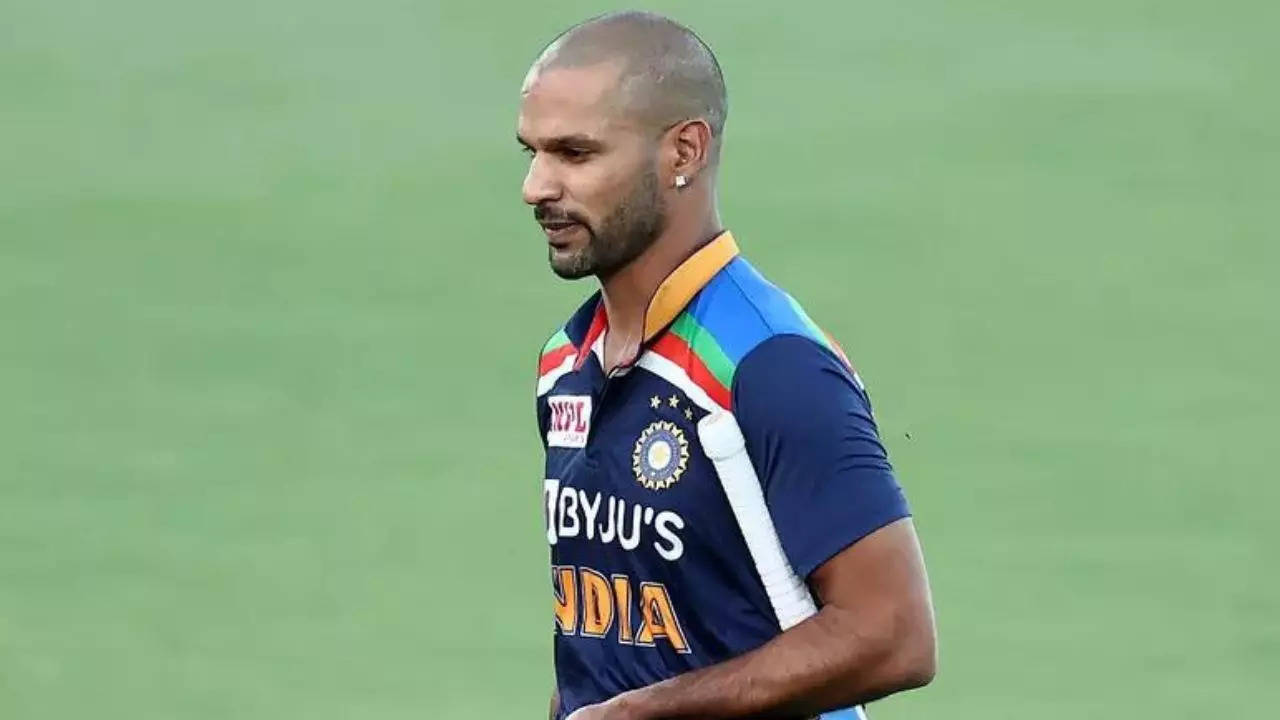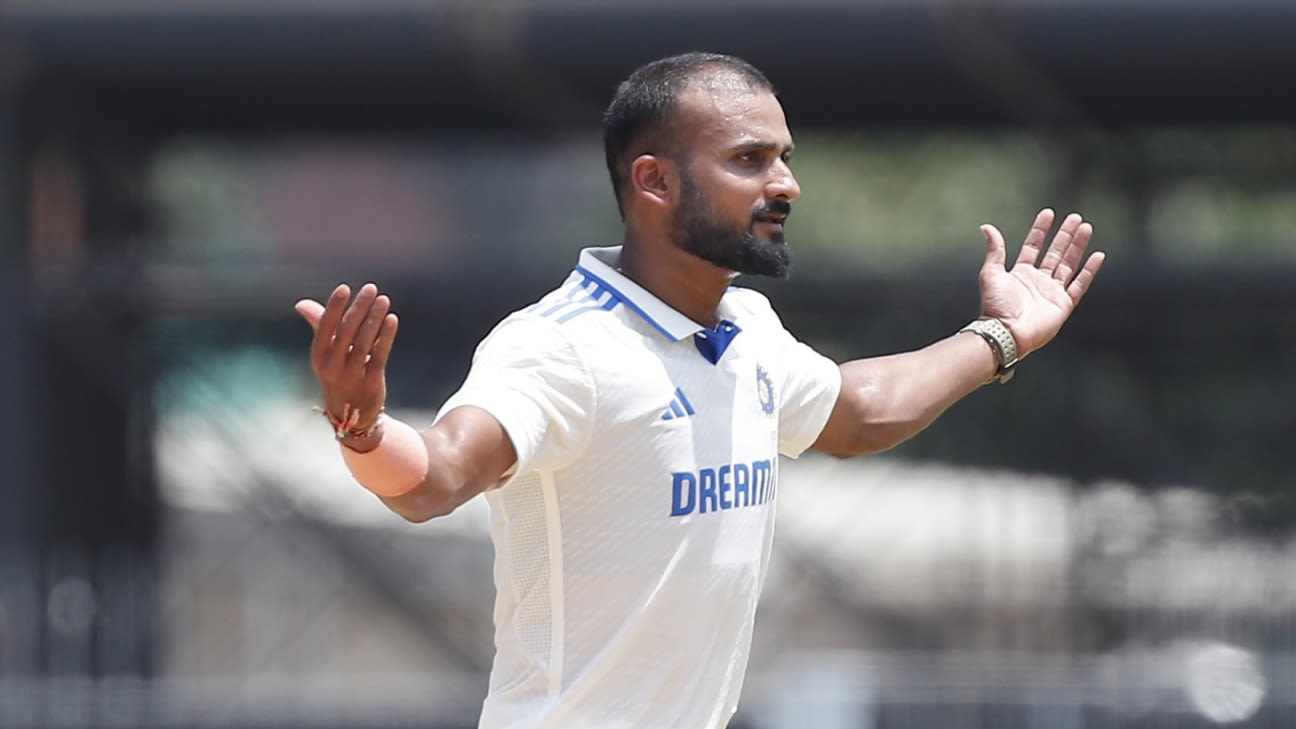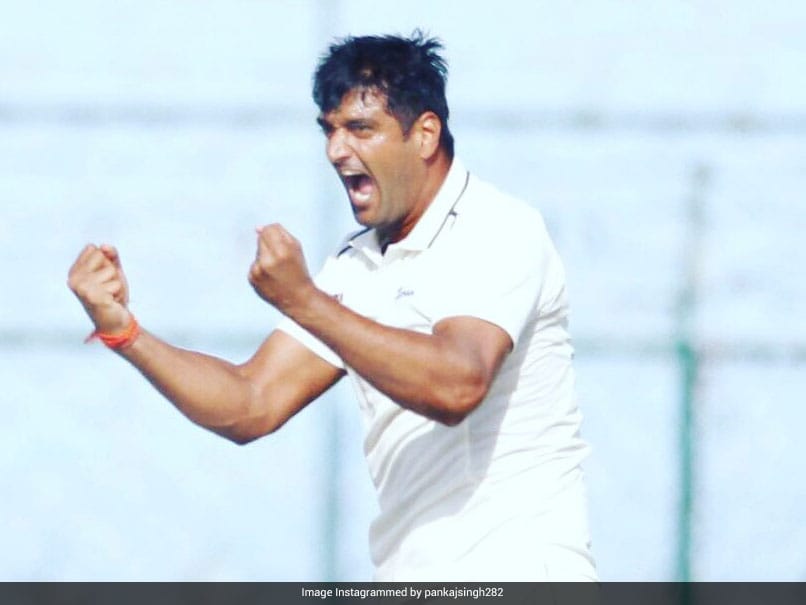Tamil Nadu Aims for Aggressive Approach in Domestic Season Opener
Coimbatore: Tamil Nadu captain R. Sai Kishore is urging his team to adopt an aggressive and fearless approach as they prepare for the upcoming domestic season, which begins on Friday. “Our preparation has been good, and we want to play a positive brand of cricket,” said Sai Kishore on the eve of his side’s first match against Saurashtra.
TN reached the semifinals last season after a six-year absence, and expectations are high this year. When asked about it, Sai Kishore explained, “There are always expectations not just from outside but even within ourselves. We had six players in the Duleep Trophy, and we have set high standards. But we just want to focus on our job.”
While he led from the front, taking 53 scalps and topping the wicket-takers charts last year, the 27-year-old also came under criticism for his decision to bat first on a seamer-friendly pitch against Mumbai in the semis, which proved costly. “Captaincy, in terms of player management and being honest with them, came naturally to me. On the tactical side, I had a few things to learn and have worked on it. I have spoken to a few captains ahead of the season,” he revealed.
Meanwhile, Saurashtra skipper Jaydev Unadkat backed his experienced players to come good against TN. “Almost 80 or probably 90% of our squad has been playing for the last seven or eight seasons and has 60-70 games (experience), which is our strength. When you start against a team as good as them (TN), it sets you up for the season.”

